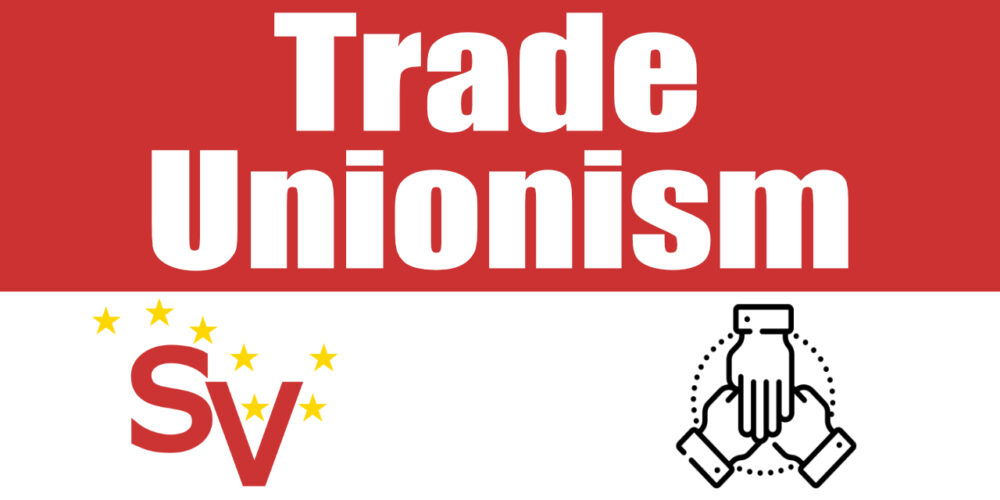On 12 May the Local Authority Professional Officers’ (LAPO) section of SIPTU adopted a motion calling for a constitutional referendum to enshrine public ownership of water services in the Constitution of Ireland, to counter the threat of the privatisation of water services.
LAPO organises approximately 2,000 local authority professional officers working in various roles around the country, including engineers, archaeologists, and urban planners.
The LAPO sectional conference also expressed support for a campaign of industrial action to achieve this goal. The organiser of SIPTU’s Public Administration and Community Division, Adrian Kane, said: “A referendum on the public ownership of water services is a key demand of the trade union movement in our ongoing talks with the Government on this issue. I believe it must be secured and can be secured in order to protect our water services for future generations.”
This is a welcome development, and is in marked contrast to the position adopted by SIPTU, which failed to engage with or call for support for the mass Right to Water movement.
Better late than never!
—
Mandate has supported the campaign for abolishing the Industrial Relations Act (1990).
“This Conference applauds the public stance taken by Mandate and other campaigning unions to seek to have the 1990 Industrial Relations Act repealed and replaced with a suite of legislation intended to better protect working people and assist them to better organise into unions.
“Conference therefore instructs the incoming Mandate NEC to initiate and adequately fund a national campaign, with other like-minded campaigning unions, to secure strengthened employment law through the establishment of a Fair Work Act in Ireland. This Fair Work Act should include the right to join a union; the right to access work-places; the right to representation; effective union recognition and collective bargaining rights; the inalienable right to strike; the right to decent and fair work; and any additional legislative provisions deemed necessary in defence of the Irish working class.
“Conference further instructs the incoming NEC to seek to influence the Irish Congress of Trade Unions to campaign to abolish the 1990 IR Act in its entirety and to join in the fight to secure robust and effective workers’ rights legislation and, if so required, due constitutional amendment that adequately defends against the rampant neo-liberal agenda pursued by successive Irish governments since the foundation of the Free State.”
Hopefully Mandate will now throw its weight behind the recently drafted Fair Employment Act launched on 2 June by the Trade Union Left Forum.
—
Members of Unite at the Moy Park mill in Randalstown, Co. Antrim, have voted by 78 per cent to take industrial action in a dispute over pay parity.
Unite members working as drivers, mill operators and engineers at the Moneynick Road feed mill have rejected the management’s attempts to tie an agreement on pay parity with the removal of wider terms and conditions.
Workers at the Moneynick Road site are paid less per hour than workers doing similar work at other Moy Park sites; but the employer says that any movement to end unfavourable pay rates must be tied to workers’ losing holiday and special day premiums, which are also paid at other sites.
Strike action at the mill is due to start from 7 a.m. on Monday 6 June.
The work force of approximately forty at the mill produce chicken feed for thousands of farms supplying Moy Park throughout Ulster. Unite is warning that the company’s greed is attacking members’ wages as well as putting animal welfare at risk.
The Moy Park group made an operating profit of £86 million last year, with the total package paid to its highest-paid director worth £924,000.
The general secretary of Unite, Sharon Graham, offered her full support to the workers. “Moy Park wants to give with one hand but grab back more with the other, and that’s just not acceptable to Unite.”






